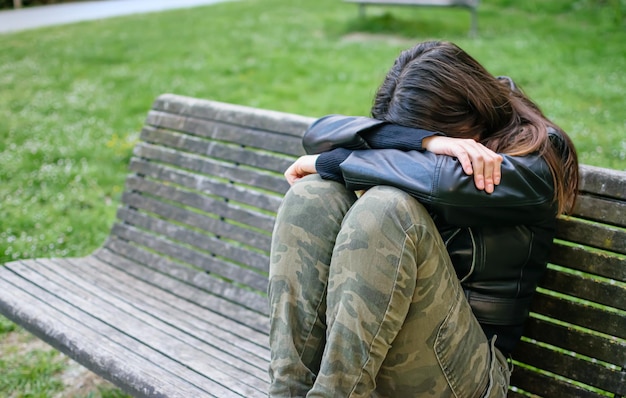Host and support our child's anxiety episode
Host and support a child with anxiety requires attention and care from parents and caregivers. It is essential to be attentive to signs of anxiety and provide adequate containment mechanisms. While these practices can be useful, it is important to remember that the help of a specialized professional is essential to treat anxiety effectively.
KIDS UP
2/5/20242 min read


In today's society, it is increasingly common for children to experience episodes of anxiety. Parents and caregivers are faced with the challenge of adequately facing and managing these difficult moments in our children's lives. Although it is important to seek specialized support to treat children's anxiety, we can also implement some practices that allow us to contain and support our children in times of crisis.
Signs of anxiety in children
Before containment mechanisms can be implemented, it is essential to be attentive to the signs that indicate that a child is experiencing anxiety. Some of these signs may include:
Changes in behavior, such as irritability, frequent crying, or trouble sleeping.
Physical symptoms, such as headaches, stomach pains, or nausea.
Avoid situations or activities that you previously enjoyed.
Difficulty concentrating or paying attention.
Excessive worries or irrational fears.
If we observe any of these signs in our child, it is important to take them seriously and find a way to help him manage her anxiety.
Containment mechanisms
Once we have identified that our child is experiencing anxiety, it is essential to implement containment mechanisms that provide security and emotional support. These mechanisms may vary depending on the severity of the event, so it is important to properly evaluate the situation before acting.
1. Active listening and empathy
The first step to containing a child with anxiety is to actively listen to him and show empathy. This means paying attention to what she is telling us, validating her feelings and showing her that we are there to support her. Let's avoid minimizing or ignoring her concerns, as this can worsen her anxiety.
2. Stay calm
It is important that parents and caregivers remain calm during our children's episodes of anxiety. Our emotional state can influence theirs, so it is essential to convey tranquility and security. Let's take a deep breath and remember that we are here to help you.
3. Establish routines and limits
Children with anxiety benefit from having clear routines and boundaries. Let's establish schedules for meals, sleep and daily activities. This will give them a sense of security and control, which can help reduce their anxiety.
4. Teach relaxation techniques
Teaching our child relaxation techniques can be of great help in managing her anxiety. We can teach you to breathe deeply, practice muscle relaxation exercises or use visualization techniques. These techniques can help reduce anxiety and promote calm.
5. Encourage emotional expression
It is important that we encourage our son to express his emotions in a healthy way. We can encourage them to talk about what they are feeling, draw or write in a journal. This will allow them to process their emotions and find ways to manage their anxiety.
6. Seek professional support
If our child's anxiety persists or significantly interferes with their daily life, it is important to seek professional support. A psychologist or therapist specialized in the treatment of childhood anxiety can provide the necessary tools for our child to learn to manage their anxiety effectively.
Containing and support a child with anxiety requires attention and care from parents and caregivers. It is essential to be attentive to signs of anxiety and provide adequate containment mechanisms. While these practices can be useful, it is important to remember that the help of a specialized professional is essential to treat anxiety effectively.
